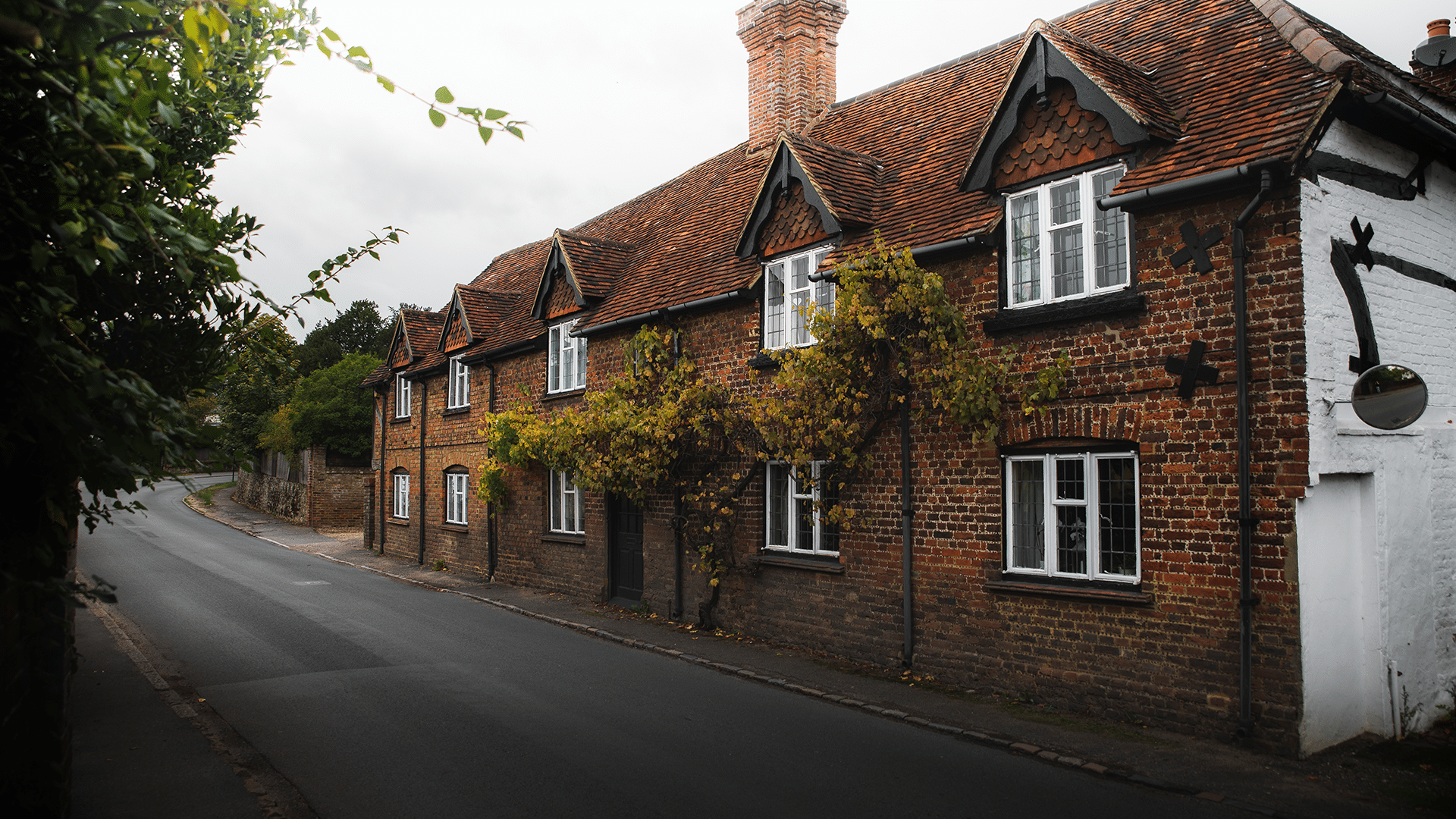If you are possibly considering taking some form of equity release mortgage, it is understandable that you will want to know what the risks are.
Equity Release Mortgages in Lincoln may not be suitable for everyone so it is important that you get proper specialist advice in Lincoln before making any arrangements. Most people’s concerns fall into the following categories:
- Can I lose my house?
- How long will I able to remain in my home?
- What about my family and their inheritance?
Can I lose my house?
With a traditional mortgage, lenders have the right to take possession of a property should the borrower fail to keep up regular monthly repayments. However, since most equity release schemes don’t require a monthly repayment, then this question of “affordability” becomes irrelevant.
With a Lifetime Mortgage, your interest would normally “roll up” so there should be no reason why you would lose your property to a lender.
Historically there have been instances where lenders took possession of properties but these days this type of lending is highly regulated and the industry works hard to avoid circumstances where repossession is required.
How long will I able to remain in my home?
The terms of your agreement would normally allow you to stay in the property until you die. If your circumstances changed – for example, you needed to go into long term care – then the property would normally be sold.
With a Lifetime Mortgage, the lender would then be repaid all capital plus any rolled up interest from the sale proceeds and you would retain any excess over this amount.
If you have a Home Reversion Plan, you would have already sold the home to the provider, so in these circumstances, they would then sell the property on the open market and keep all proceeds.
This is one reason why it is important to understand the difference in the type of plan, so make sure your advisor goes through these fully and clearly before making any commitment.
What about my family and their inheritance?
With Lifetime Mortgages, upon your demise, the property would be sold and the capital, plus all accumulated interest would be paid back to the provider from the sale proceeds to settle their mortgage.
The difference between the sale price and the settlement figure would then go into your estate to form part of your inheritance. People often ask: “What if the debt has increased above the value of the property? Will my family have a debt to pay back?” However, you would normally receive a “No Negative Equity Guarantee” which, in simple terms, means that if the above occurred, then that is a risk the lender would have to take and there would be no further repayment required from your family.
Finally, should you have any further concerns, there is an industry body known as The Equity Release Council which exists to ensure that all products of this type are safe and accessible.
All participants in the Equity Release Market should subscribe to the Council’s Statement of Principles which you can check on their website – https://www.equityreleasecouncil.com – along with any other details that may concern you.
In a nutshell, therefore, as long as you ensure that you obtain advice from a firm whose advisors are members of the Equity Release Council, and who recommended products from providers who are also members, then you can be confident that you will receive full, clear information about any worries you may have.
At Lincolnmoneyman.com, we have a history of providing you with bespoke, detailed, local mortgage advice as to what may be the most suitable way forward in your particular circumstances.
To add to this service, we’ve now teamed up with an Equity Release Specialist and between us, we’d be happy to come to meet you in the comfort of your own home to answer any questions you may have on anything mentioned above by way of a free consultation.
Date Last Edited: October 9, 2024













